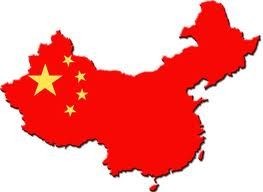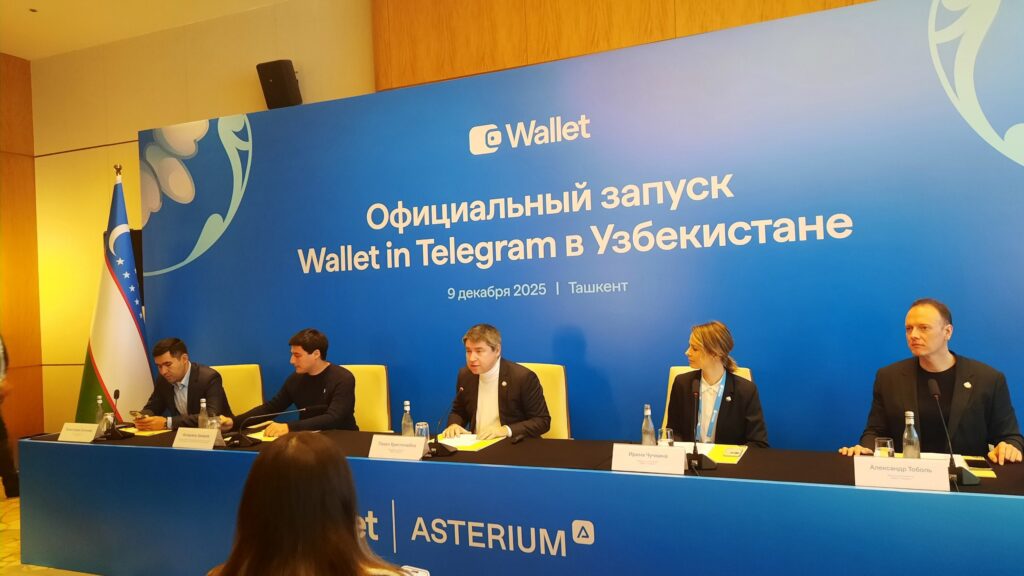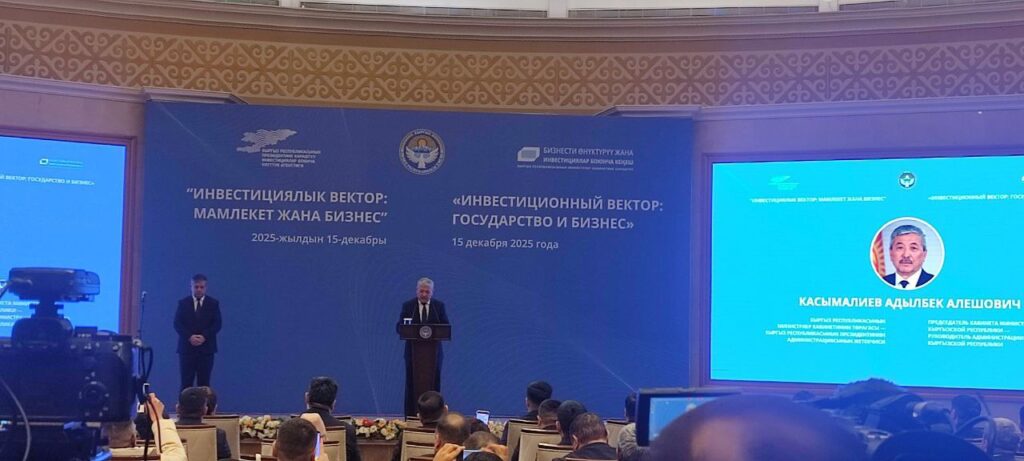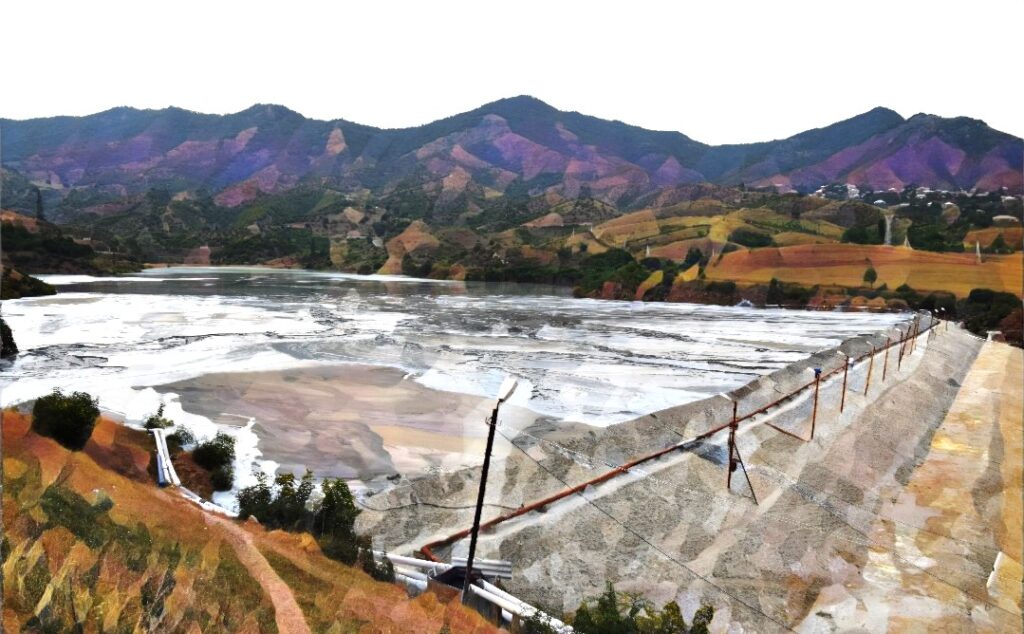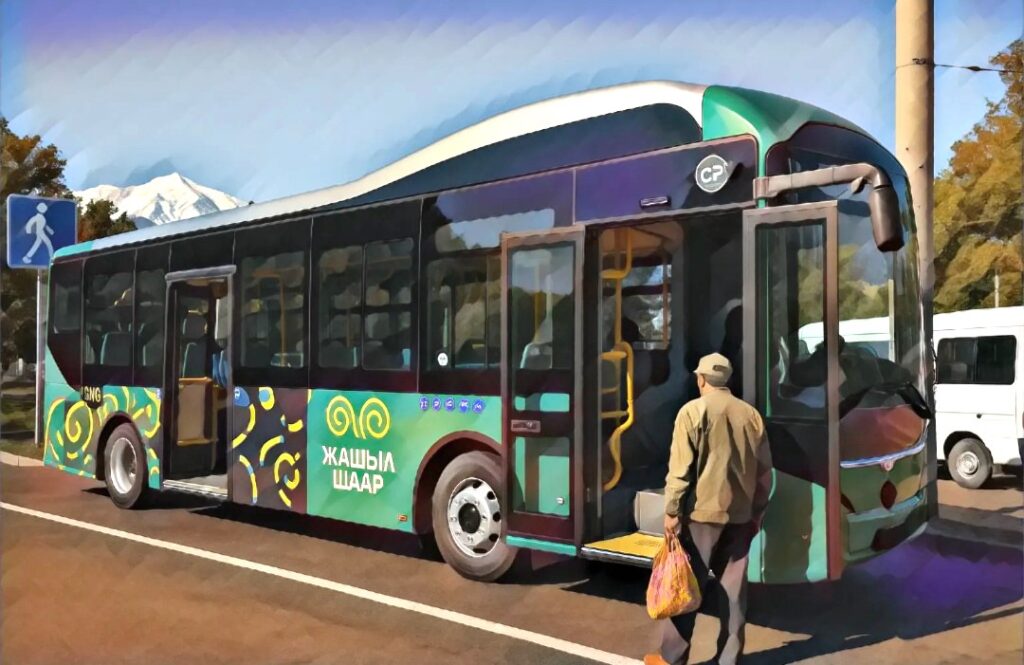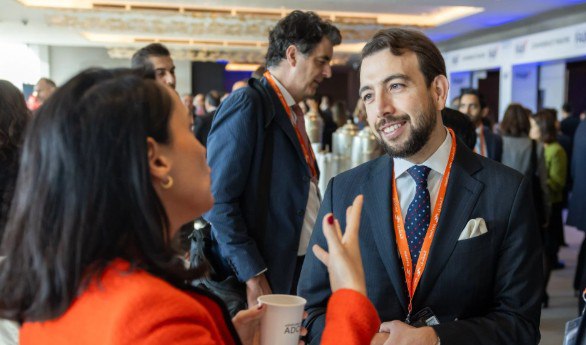BISHKEK (TCA) — The European Bank for Reconstruction and Development’s (EBRD) President Sir Suma Chakrabarti is visiting Beijing on 15-16 January to finalize the details of China’s EBRD membership and to attend the inauguration ceremony of the Beijing-based Asian Infrastructure Investment Bank (AIIB), the EBRD press office said.
The EBRD’s existing shareholders agreed at the end of 2015 that China should become a member of the Bank. In his meetings in Beijing, Sir Suma will discuss future cooperation between the EBRD and China following membership.
Speaking ahead of his visit, Sir Suma said, “Chinese membership of the EBRD is a win-win-win scenario – for China, for the EBRD and for the countries where the EBRD invests.”
The EBRD would support Chinese integration into the global economy and be a strong partner for Chinese companies as they invest in the EBRD regions. EBRD membership would also provide a boost to China’s “One Belt, One Road” initiative, he said.
The EBRD would benefit from having the world’s second largest economy as a shareholder and would have better access to Chinese firms that could be partners in the EBRD regions.
The economies in the EBRD regions would benefit, as China would become an important new source of investment finance for development in the countries where the EBRD is active.
During his visit, Sir Suma is holding talks with Chinese Premier Li Keqiang, Vice Premier Ma Kai and Zhou Xiaochuan, the Governor of the People’s Bank of China and also the Chinese Governor-designate at the EBRD.
He will also meet the President-elect of the AIIB, Jin Liqun, as well as K.V. Kamath, the president of the New Development Bank, which is headquartered in Shanghai.
The EBRD has been a strong supporter of the AIIB and has cooperated from very early days, providing advice on such issues as governance and social and environmental standards.
Sir Suma has expressed a strong desire for EBRD and AIIB cooperation in joint projects once the new bank begins its operations. He will attend the AIIB’s inauguration on Saturday, 16 January.
Chinese President Xi Jinping and Premier Li Keqiang announced the AIIB initiative during their respective visits to Southeast Asian countries in October 2013. The Bank was envisaged to promote interconnectivity and economic integration in the region and cooperate with existing multilateral development banks, the AIIB says on its website.
AIIB will complement and cooperate with the existing MDBs to jointly address the daunting infrastructure needs in Asia. The Bank’s openness and inclusiveness reflect its multilateral nature. AIIB welcomes all regional and non-regional countries, developing and developed countries, that seek to contribute to Asian infrastructure development and regional connectivity.
